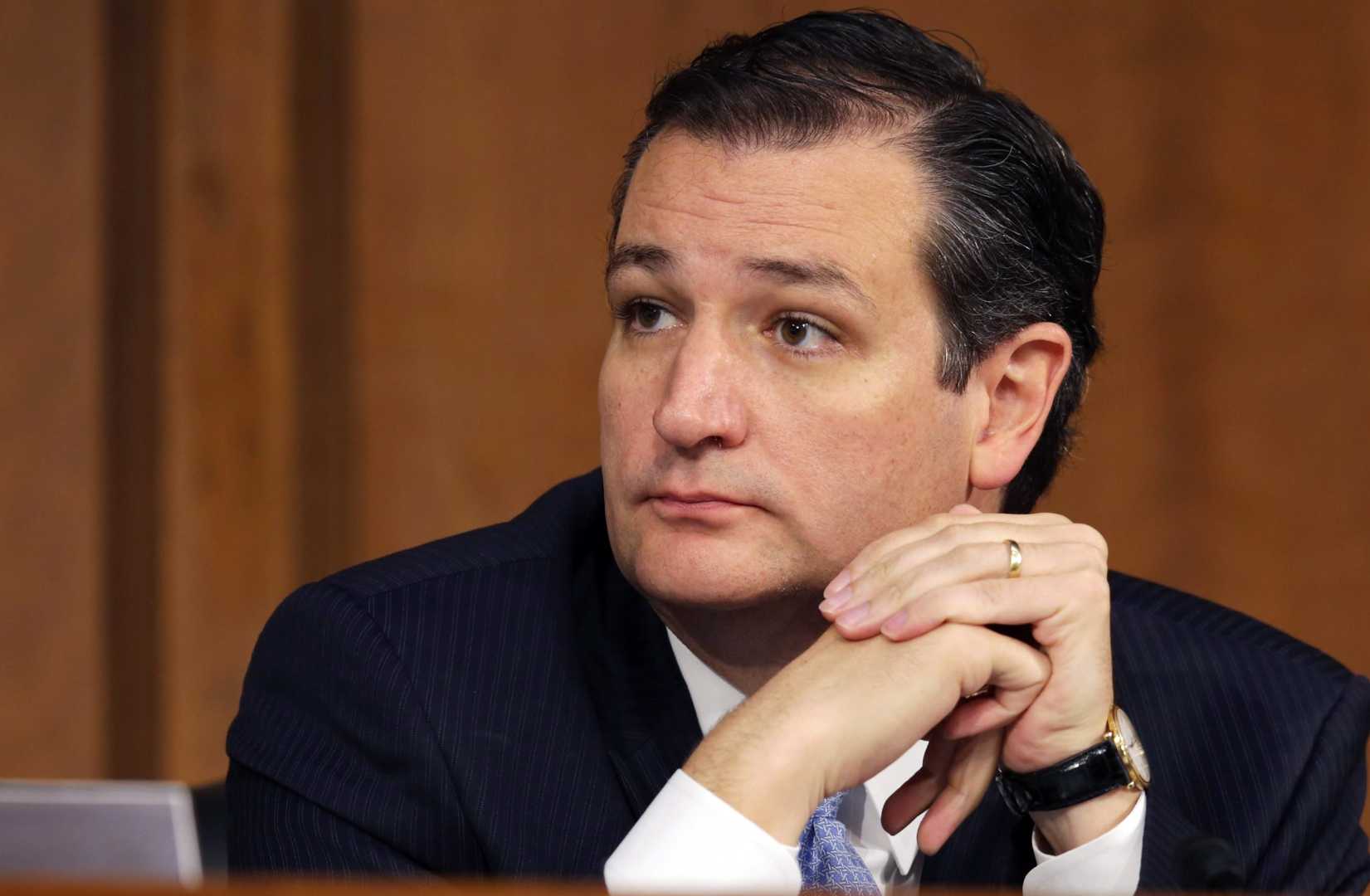Politics
Ted Cruz’s Senate Hearing Takes Awkward Turn with Bizarre Comment

WASHINGTON, D.C. — Senator Ted Cruz made an uncomfortable verbal slip during a Senate Judiciary Committee hearing on Tuesday. Speaking about bipartisan efforts to address crime in cities, the Republican senator stated, “Let’s stop attacking pedophiles,” when he likely meant to call for an end to pedophilia.
The slip came moments after Cruz echoed New Jersey Senator Cory Booker‘s call for collective action to improve community safety. “I think that’s a great idea—we should have bipartisan agreement,” Cruz said. He continued with, “How about we all come together and say, ‘Let’s stop murders.’ How about we all come together and say, ‘Let’s stop rape.'”
Cruz did not correct his statement and proceeded to discuss statistics related to President Trump’s administration and crime policies. A spokesperson later described the incident as a “verbal slip,” suggesting the senator intended to advocate against pedophilia without the additional word.
This incident highlights the ongoing conversation around sensitive topics such as child exploitation and the public’s complex response to the recent scandals involving figures like Jeffrey Epstein. Earlier this month, Cruz voted against releasing documents related to Epstein’s case, joining a majority of Republican senators who opposed the amendment.
The hearing, titled “Blue City Chaos and Tragedy: How the Trump Administration is Addressing the Human Cost of Soft On Crime Policies,” also featured support for Trump’s crime-fighting initiatives, including deploying the National Guard in urban areas. In a related speech, Trump referred to cities like Chicago and Los Angeles as “dangerous,” emphasizing a need for military solutions.
The timing of Cruz’s gaffe coincided with House Speaker Mike Johnson’s attempt to delay a vote on disclosing Epstein-related files. As discussions around these issues continue, Cruz’s slip serves as a reminder of the tensions and sensitivities present in political discourse.












